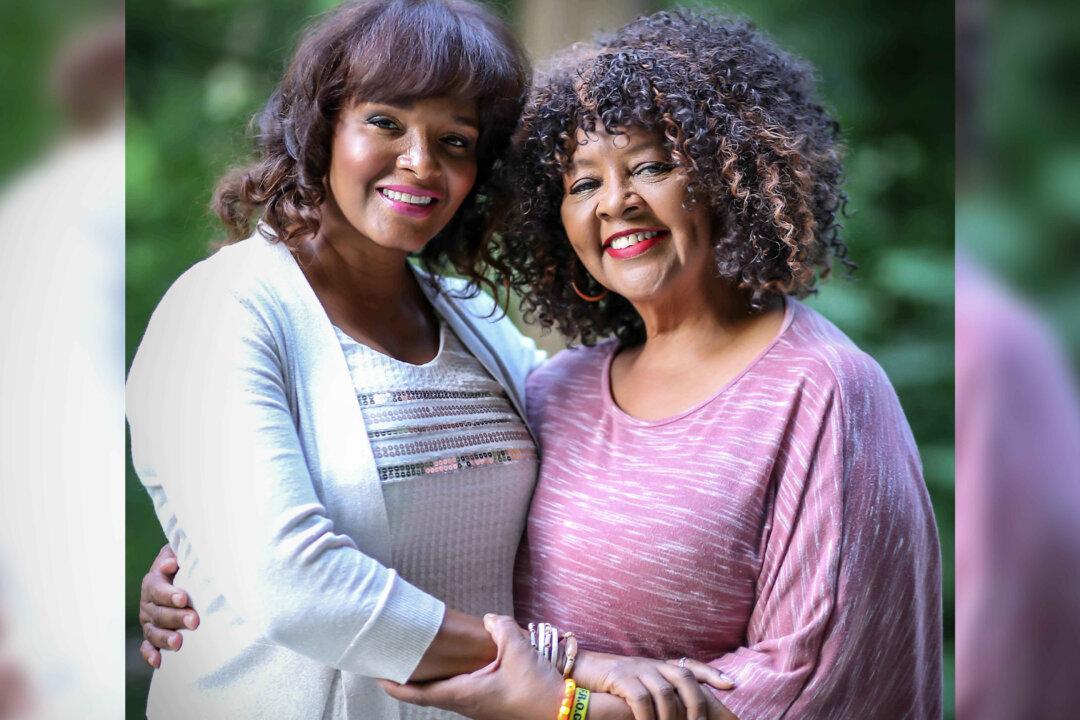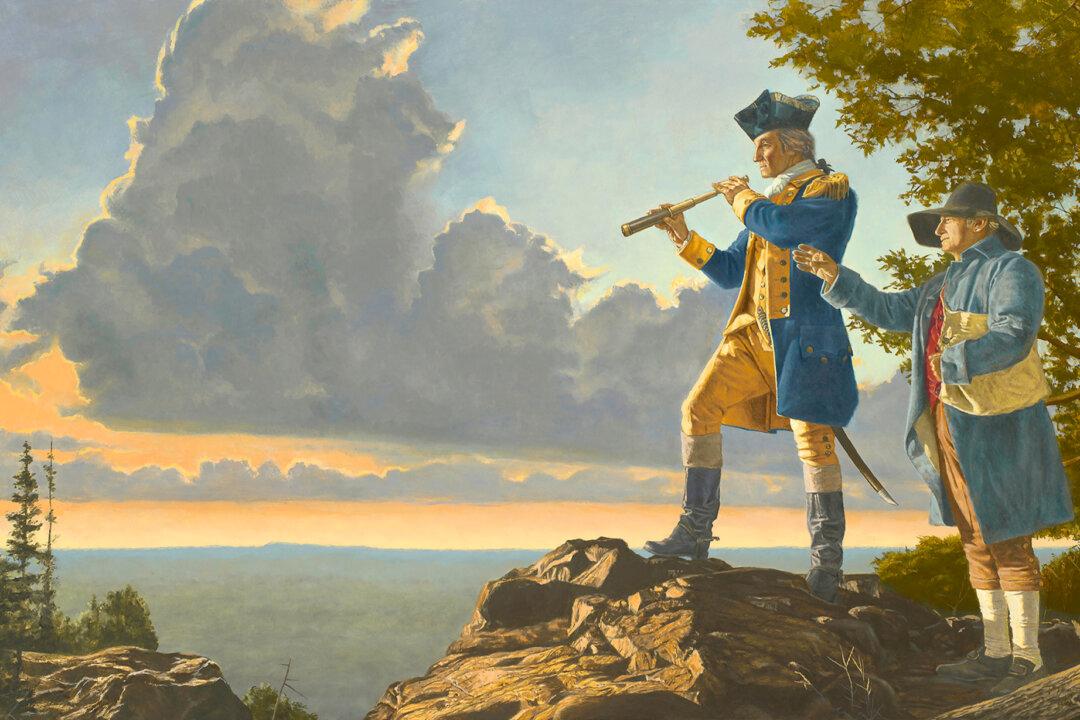Kathy was clearly old enough to do the math. She just never really thought about how young her mother was, until as an adult, she came face to face with her own birth certificate, and read between the lines. The ink on the page told the story of how Kathy Barnette was conceived.
The now-Republican congressional hopeful was just 18 or 19 years old at the time, getting ready to join the Army Reserves, and she needed the birth certificate to sign up. That was the first time she really began pondering her origins.






